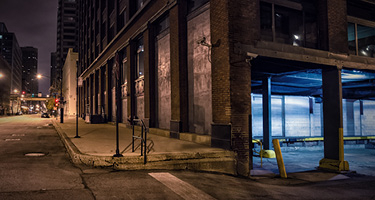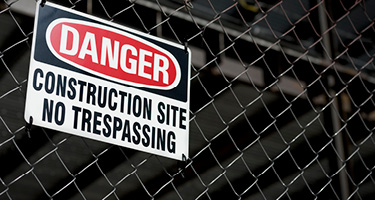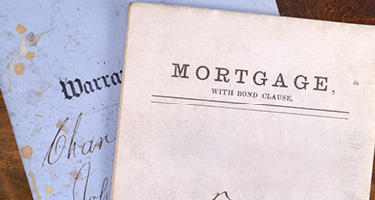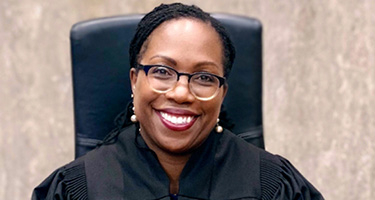Last week, the Child Victims Act became law in the State of New York. Although the act’s origins are firmly rooted in the abuse scandal that has plagued the Catholic Church for decades, it is anticipated that the CVA will have a far-reaching and profound impact on nearly all institutions, both public and private, that work with children. Much of the current media focus has been on the new, extended statute of limitations that gives victims of childhood sexual abuse until age 55 to commence a civil lawsuit as well as the revival period that provides a one year window for people now over age 55 (or for those who prior civil lawsuits were dismissed as untimely) to revive their claims in civil court. But beyond these new limitations-period changes, the CVA makes additional changes to the law that will drastically impact the way municipal defendants, including public school districts, investigate and defend themselves in negligent supervision and/or negligent hiring actions arising under the new law.
Changes to the Notice of Claim Requirements of the Municipal Law
Before the CVA, any person intending to file a personal injury lawsuit against a municipal entity was required, as a pre-requisite, to first file a notice of claim within 90 days of the injury-inducing incident. Generally, the notices had to contain information identifying the injured person(s) seeking redress; the nature of the claim; the time, manner, and place in which the claim arose; and the items of damage or injury(ies) sustained as of the date of the notice. The entire point of the notice requirement was to allow the municipal entity an opportunity to investigate the merits of the claim while the information and evidence were still likely to exist, and further, to provide the municipality with an opportunity to resolve or settle the potential claim before the commencement of the formal litigation process. Interestingly, New York’s courts frequently distinguished the notice of claim requirement from a traditional statute of limitations by categorizing it as a “condition precedent” to a lawsuit as opposed to a statutory requirement requiring the commencement of an action within a certain amount of time. Even before the CVA, the law attempted to “level the playing field,” particularly where minor-claimants were involved, by allowing injured persons in some instances to file a late notice of claim where the injured person came forward beyond the 90 day window, but in an otherwise reasonable time period, and could demonstrate notice of the occurrence or events to the defendant.
One of the most important provisions of the municipal law’s pre-suit notice of claim provisions is the opportunity for the municipal entity to take the testimony of the injured person through a proceeding known as a 50-h examination. A 50-h examination is essentially a pre-suit deposition, wherein both parties have the opportunity to gain more insight about the extent of the claimant’s injuries and the incident that is said to have caused those injuries. From a claimant’s perspective, it is an opportunity to convey the strength of his or her case and, ultimately, to showcase the fact that the claim would best be settled prior to the commencement of litigation; from a defendant’s perspective it is an opportunity to obtain and preserve important evidence that might otherwise fade with time and to determine the veracity and merit of the claims being asserted.
But beyond these new limitations-period changes, the CVA makes additional changes to the law that will drastically impact the way municipal defendants, including public school districts, investigate and defend themselves in negligent supervision and/or negligent hiring actions arising under the new law.
The CVA completely exempts claims of sexual abuse (as defined by the act) from the notice of claim provision of the general municipal law and, consequently, completely eradicates the opportunity for a 50-h examination. Indeed, a claimant may now, until he or she reaches the age of 55, completely bypass the notice of claim and proceed directly to filing a personal injury lawsuit.
Although the full impact of this change in the law is yet to be determined, the obvious results are twofold—first, the eradication of the notice requirement will clearly impact both record retention policies and the way claims are ultimately investigated once a municipality becomes aware of their existence. Not only do memories fade with time, but witnesses move, and in some cases, die. Moreover, most school districts in the State of New York retain their student and employee records only for a limited amount of time. The evidentiary challenges of the extended statute of limitations and revival period will indeed present a challenge for plaintiffs and defendants, public or private, moving forward.
Second, the opportunity for pre-suit resolution of sexual tort claims will also be hampered by the new law. Without the opportunity to directly speak to the claimant about his or her claims, and the extent and severity of the injuries asserted, it is unlikely that pre-suit settlement offers will be easily obtained. Instead, it is more likely that the parties will be required to engage in arduous and lengthy discovery in order to truly assess the strength of each party’s claims and/or defenses.
Trial Preference for Revival Claims
It seems likely that the most difficult cases to both prosecute and defend, at least from an evidentiary standpoint, will be those claims raised by people closest to age 55 as well as those made during the upcoming one-year revival window. Nevertheless, the CVA provides that these “revival claims” be provided trial preference by the court system, leaving the parties, and the court, very little time to grapple with the evidentiary challenges inherent in older sexual tort claims.
How Can Municipalities and Schools Protect Themselves?
Best practices in the investigation and documentation of sexual abuse claims are sure to change drastically over the next several years. First and foremost, it is critical that school administrators create an atmosphere that destigmatizes the reporting of sexual abuse for currently enrolled students since earlier reporting will allow schools to more thoroughly investigate and take appropriate action. It is also imperative that local school districts revisit their current record retention policies and plan on maintaining student and employment records in a central location for a longer period of time than is currently required.
For students already outside of the school system who initiate lawsuits beyond the former statutory period (for public schools, 1 year and 90 days after the plaintiff’s 18th birthday), it will be important to immediately develop a strategy with an insurance carrier and/or defense counsel to thoroughly investigate the claim—this means extensive interviewing of potential witnesses and a search for, and preservation of, any and all records related to the individuals involved.
----------
Anastasia M. McCarthy is an attorney at Hurwitz & Fine, P.C. An associate in the firm’s Litigation Department, she defends business and municipal clients in liability defense matters and regularly handles claims against retailers, schools, property owners and employers.































